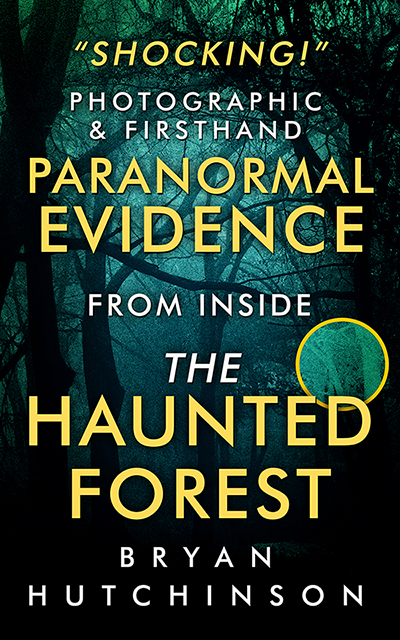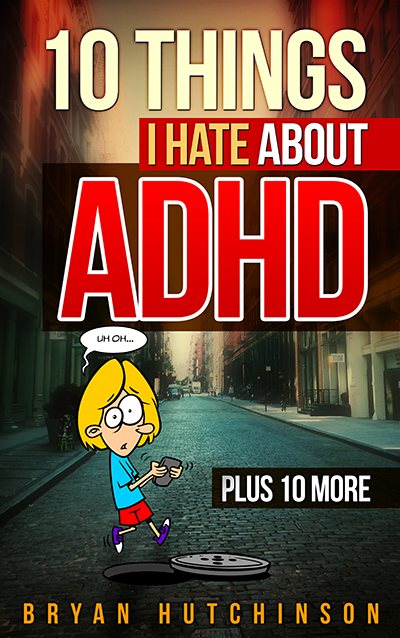Who is it?
I get this question a lot. I currently have 9 published books, I’ve hired different book cover designers and have even designed a couple of the covers myself. Today, I am going to answer the question for the first time.

However, in all honestly, I don’t particularly like answering this question because it seems like I am placing one book cover designer over others and that’s not really fair because each book is different. So, with this in mind:
I am going to recommend the designer who has created the covers I PERSONALLY like the best.
That’s it. I am not going to get into the technical specifics of each designer or how many changes or modifications were required for each cover, or any other information.
My recommendation is based entirely on my personal favorite and that makes my selection extremely easy for me.
My latest book cover for my newest book is my current favorite!
See it in action on Amazon (click) here.
The designer’s name and contact information are as follows:
Alexander von Ness, reach him via his blog here.
*I informed Alexander about this post and my recommendation, and he graciously offered my readers a discount of 20% to any of you in need of a new book cover. Mind you, the discount is in no way related to my personal choice! I will also NOT receive any kickback from any book covers he designs for my readers via this discount. Rest assured that my choice is strictly based on my personal taste. To get your 20% discount simply mention this post or Positive Writer to him and he’ll give it to you!
Also, my second favorite cover design was also designed by Alexander:
See it in action on Amazon (click) here.
Also note, 10 Things I Hate About ADHD is the most downloaded of my books so far, and in fact, when it was first published online it soon became the most downloaded digital version of any book on this specific subject!
This was my opportunity to answer this frequent question, a suggestion I want to add to this post is that when hiring a book cover designer, take a look at their portfolio and their book covers on Amazon to see if their work meets your needs and your taste.
Now go and get that awesome cover for your book!






